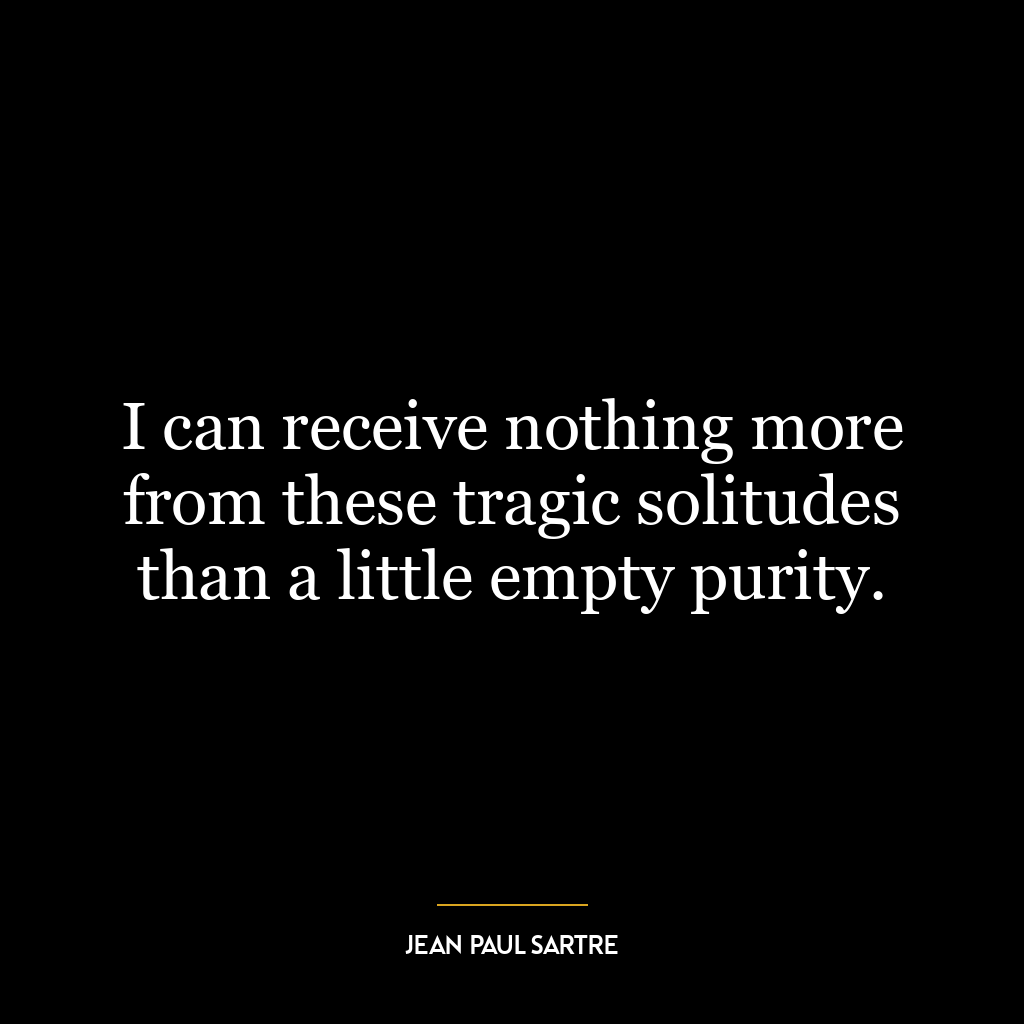This quote by Friedrich Nietzsche suggests that a wise person naturally gravitates towards what is beneficial and nourishing for them, while avoiding what is harmful or difficult to process. The term “pure ambrosia” in this context symbolizes things that are good, enriching, and beneficial. These could be healthy relationships, positive experiences, or knowledge that leads to personal growth. On the other hand, “the indigestible in things” refers to negative influences or experiences that are difficult to process or overcome.
The quote is a metaphor for discernment, the ability to judge well. It’s about choosing what to let into our lives and what to keep out. It’s about understanding that not everything that comes our way is meant for us, and that we have the power to choose our engagements and interactions.
Applying this quote to today’s world, it could be seen as a call for conscious consumption, not just in terms of what we eat, but also what we read, watch, listen to, and the people we associate with. In a world saturated with information and distractions, discernment becomes crucial.
In terms of personal development, this quote could be interpreted as advocating for self-care and mindfulness. It encourages us to be selective about what we consume, both physically and mentally. It suggests that we should strive to feed our minds and bodies with ‘pure ambrosia’ – with things that nourish us, help us grow, and make us better. It’s a reminder that it’s okay to leave alone the ‘indigestible’ – the things that bring us down, cause us stress, or distract us from our goals.












